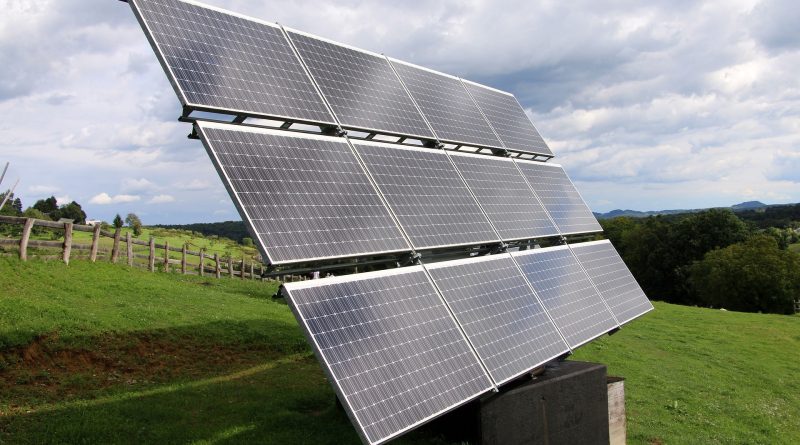Essential for the Environment: Solar Power
Table of Contents
Necessary for Environment: Solar Power System
As concerns about climate change and the depletion of traditional energy sources continue to grow, finding sustainable alternatives is becoming increasingly important. Among these alternatives, solar power systems have emerged as a leading solution for meeting our energy needs while minimizing harm to the environment. Solar power harnesses the abundant energy radiated by the sun, which not only reduces greenhouse gas emissions but also helps combat air and water pollution. In this article, we will explore the various benefits and advantages of solar power systems, and discuss why they are necessary for the environment.
1. Renewable and Abundant
Solar power is a renewable source of energy, meaning it will never run out as long as the sun rises each day. Unlike fossil fuels such as coal, oil, and natural gas, solar power is not subject to depletion, making it an ideal long-term solution for sustainable energy. The sun provides us with an abundance of energy, and by harnessing it effectively through solar power systems, we can reduce our reliance on finite and polluting energy sources.
2. Greenhouse Gas Reduction
One of the most significant advantages of solar power systems is their ability to reduce greenhouse gas emissions. Fossil fuel-based electricity generation is a leading contributor to greenhouse gas emissions, resulting in global warming and climate change. Solar power systems, on the other hand, produce electricity without emitting greenhouse gases, providing a cleaner and greener energy option.
3. Air and Water Pollution Mitigation
In addition to reducing greenhouse gas emissions, solar power systems also help combat air and water pollution. Traditional energy sources such as coal-fired power plants and oil refineries release harmful pollutants into the air, leading to various respiratory diseases and environmental degradation. By transitioning to solar power systems, we can significantly decrease the release of harmful pollutants, leading to cleaner air and water for all.
4. Energy Independence
Solar power systems offer individuals and communities increased energy independence. With traditional energy sources, we rely heavily on large utility companies to meet our energy needs. This dependence leaves us vulnerable to energy price fluctuations and monopolistic practices. In contrast, solar power systems provide a decentralized energy solution that allows us to generate our own electricity on-site. By doing so, we gain control over our energy supply, reduce energy costs, and improve energy security.
5. Economic Advantages
Investing in solar power systems not only benefits the environment but also provides several economic advantages. The solar industry has experienced rapid growth in recent years, resulting in job creation and economic stimulus. Installing solar panels on residential and commercial properties can also lead to significant cost savings through reduced electricity bills and potential income generation from selling excess electricity back to the grid. Moreover, by reducing our reliance on imported fossil fuels, we can improve trade balances and strengthen local economies.
6. Technological Advancements
The development of solar power systems has witnessed significant technological advancements in recent years. Solar panels have become more efficient, durable, and affordable, making them a viable option for a wide range of applications. Additionally, advancements in energy storage technologies have made it possible to store excess solar energy for use during cloudy days or at night. As these technologies continue to evolve, the efficiency and reliability of solar power systems will only improve, further solidifying their role as a necessary solution for the environment.
Conclusion
Solar power systems have emerged as a crucial solution for meeting our energy needs while protecting the environment. As renewable and abundant sources of energy, solar power systems offer numerous advantages, including reducing greenhouse gas emissions, mitigating air and water pollution, providing energy independence, offering economic benefits, and driving technological advancements. Investing in solar power systems is not only necessary but also a responsible choice that will contribute to a cleaner and more sustainable future for our planet.




